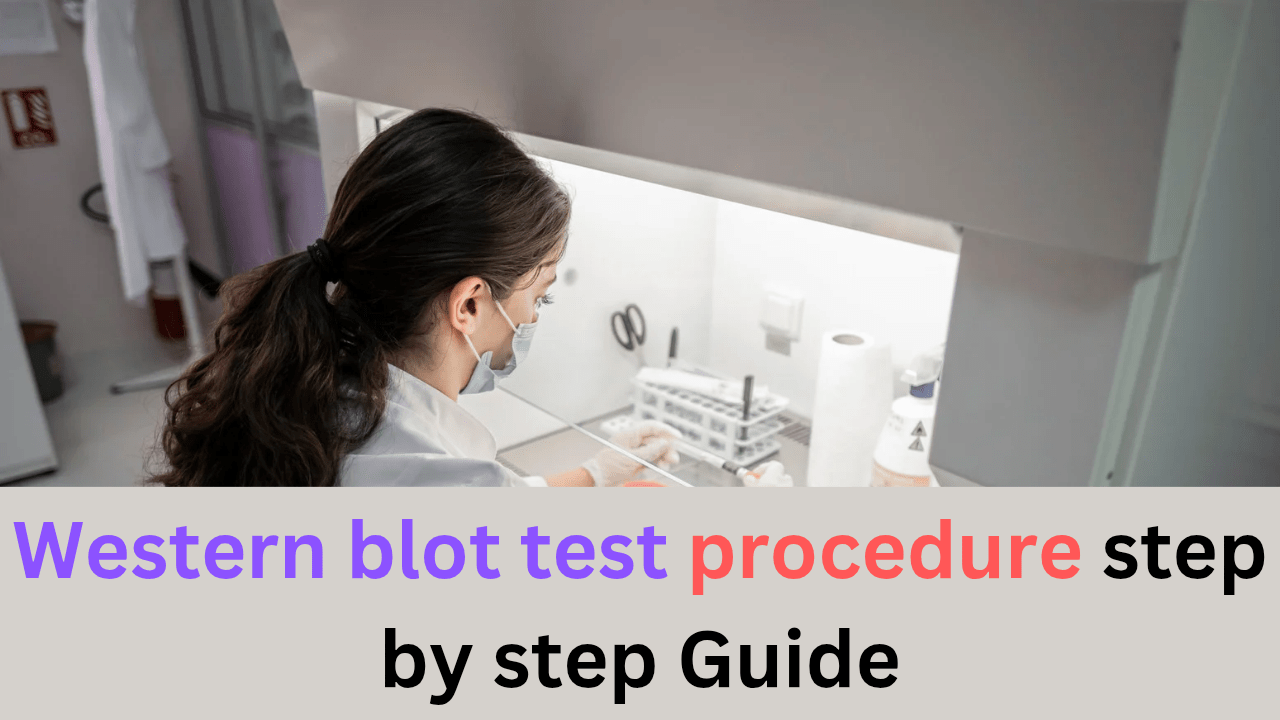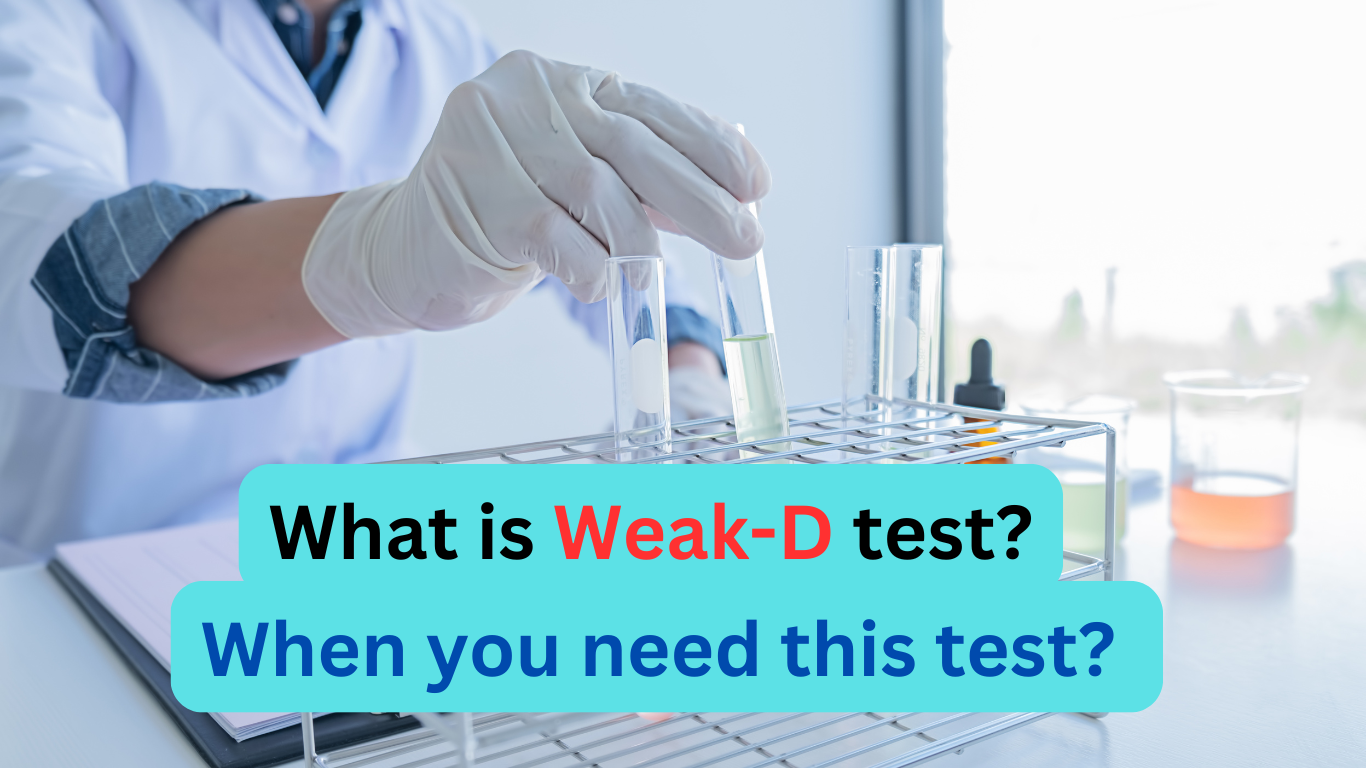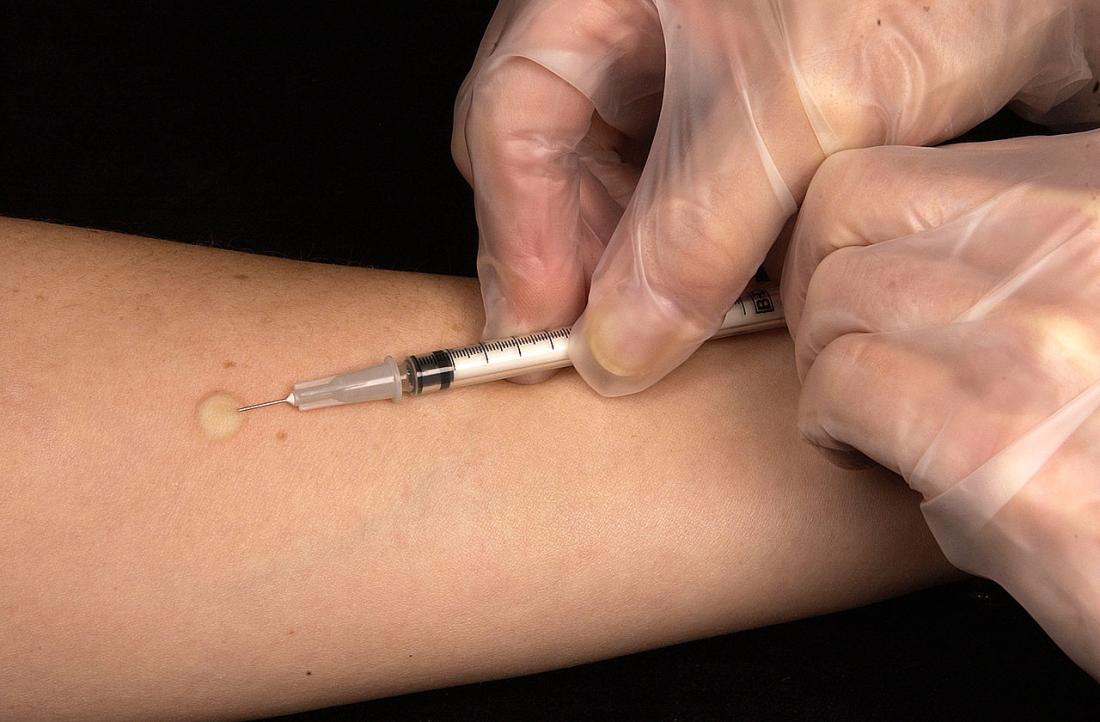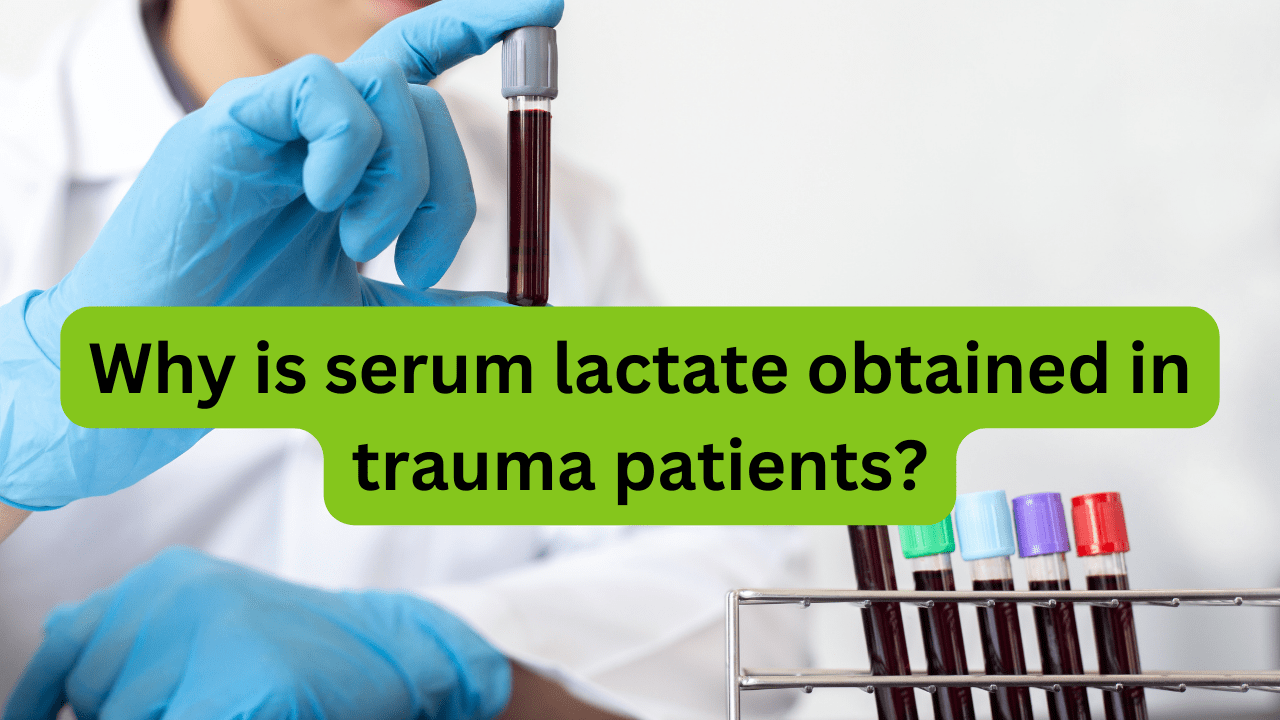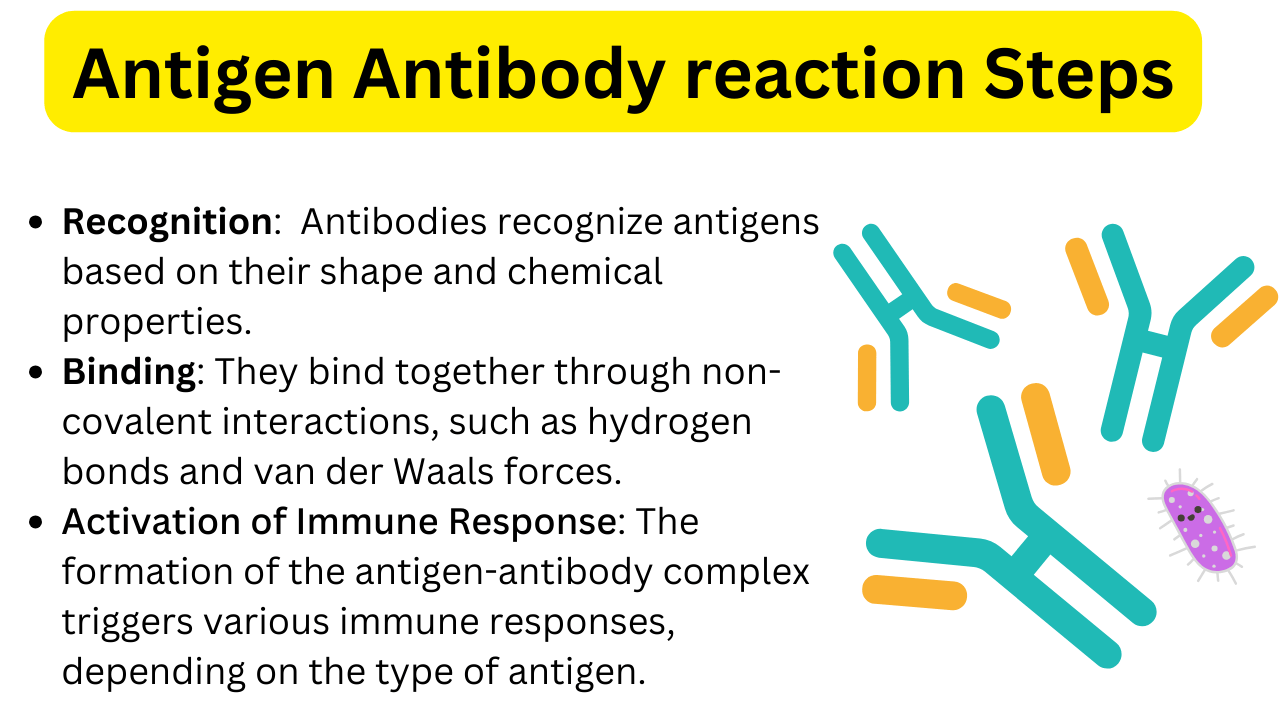Western blot test procedure step by step Guide
The Western blot test is a widely used analytical technique in molecular biology, immunology, and clinical diagnostics. It is primarily employed to detect specific proteins in a sample. This makes it invaluable for diagnosing infections, autoimmune disorders, and more. This article delves into the Western blot procedure, detailing its steps and applications. What is a … Read more
